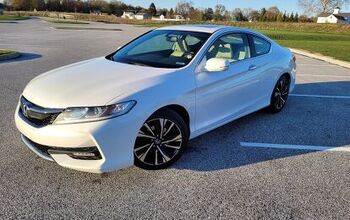Samsung (Once Again) Turns to the Automobile Market to Make Money

There’s money in them there cars, Samsung Electronics Company must have thought.
The Korean technology giant is in talks to buy a stake in Chinese automaker BYD, Reuters reports, and it isn’t the first time the company sought new cash streams from automotive world.
Samsung hasn’t disclosed what size stake it’s looking to buy or what the deal would be worth, but the company did say it wants to partner with the automaker to boost sales of its chips. BYD manufactures electric vehicles, buses and batteries for the Chinese market.
An earlier report that the company would buy a four percent stake turned out to be false.
“The latest investment aims at strengthening electric vehicle parts and smart phone parts businesses for the two companies,” the company said in a statement.
Connected vehicles require a heap of on-board technology, and Samsung wants a piece of that pie, especially given that the smart phone market isn’t a high-growth prospect. Long before BYD began manufacturing vehicles, Samsung was doing just that, after forming Samsung Motors (with technical help from Nissan) in 1994. Renault made the automaker its subsidiary in 2000, adding its name to the company moniker.
News of the potential buy-in sent the stock of Samsung’s SDI subsidiary soaring, but it dropped lower after the company said it didn’t plan to supply BYD with EV batteries.
[Image: Wikimedia Commons]

More by Steph Willems


































Comments
Join the conversation
As long as Samsung steers clear of whatever Nissan is interested in making, I don't think there will be an issue. BYD is Build Your Dreams, by the way. A stupid name for a car company.
Irrespective of the names of the Chinese vehicle companies the long term plan for these manufacturers of EVs is to export. I'd say the Chinese will dominate the worlds producers of EVs. The Chinese have invested significant amounts of money into these vehicles.
Samsung would do better developing unique electronic products for auto companies and serving as a sole source, or best source supplier. There's plenty of room for sorting out the controls and interfaces that have been introduced in cars, in particular developing functional durability of components. Over the next decade or so, lots of otherwise functional vehicles will have to be trashed because the first-generation electronics no longer work, can't be replaced, and/or are no longer made.
So what Samsung ripoffs can we expect to see of cars from well established manufacturers?